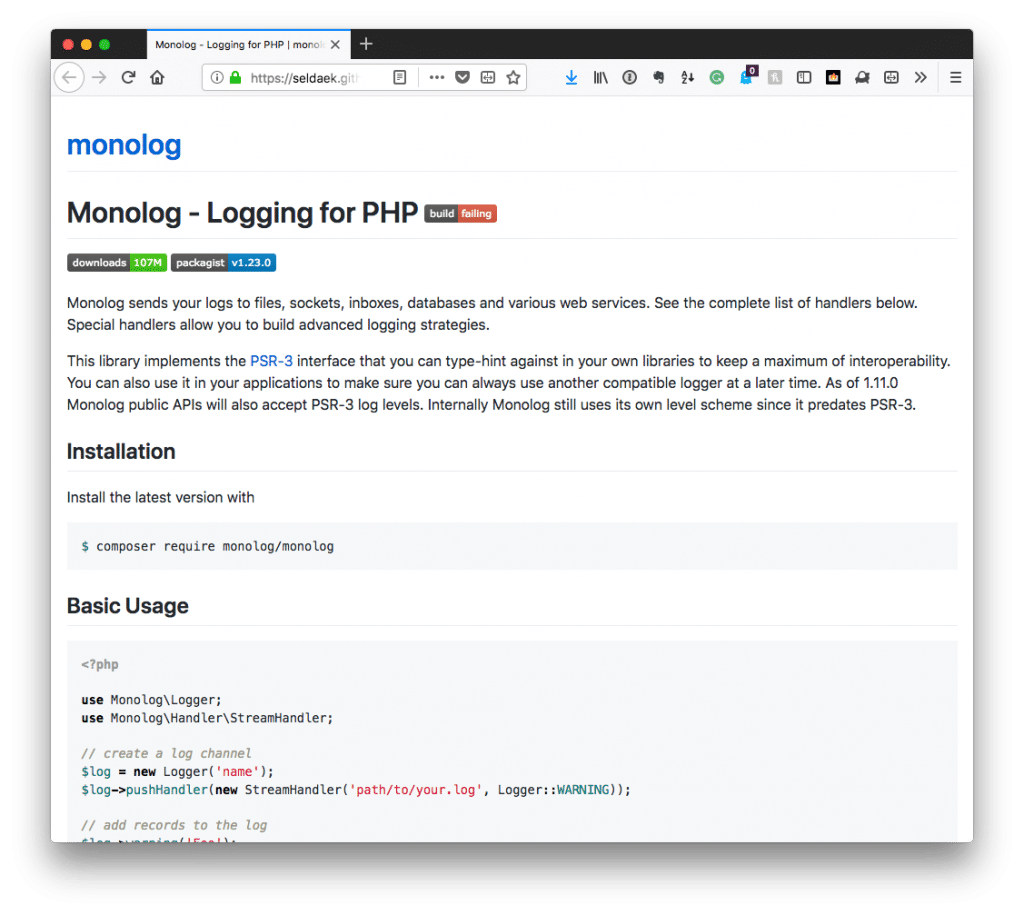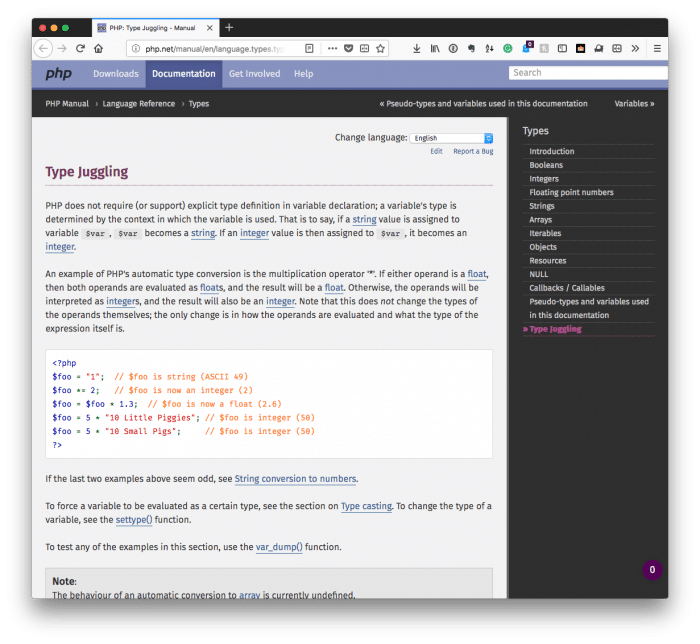As far back as 1.0, jQuery has provided a trigger function that allows us to:
Execute all handlers and behaviors attached to the matched elements for the given event type.
But it wasn’t until 1.3 that this particular function became significantly more useful, at least as far as I’m concerned. I say that because that’s when we gained the ability to define custom events and then set handlers for them.

What, though, is a likely use case in which custom jQuery events are useful in the context of WordPress? Off the top of your head, you may be able to come up with many. Or maybe not.
It hasn’t been until lately that I’ve been using them significantly more than usual. So I thought I’d share how I’m using them if for now other reason than showing you how to wire them up to your work.



